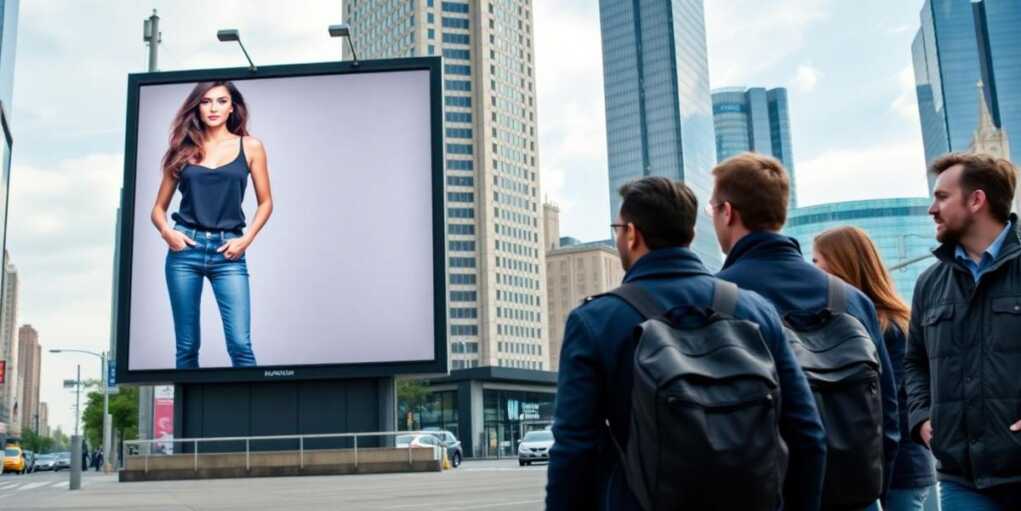CNN Feminist Humiliates Herself With Idiotic Complaint

Leave it to feminists to create a complaint from thin air.
Madeline Holcombe writes for CNN. She’s lamenting the right’s ascension. This summer, I got cultural whiplash, she writes.
Holcombe mourns the evidence of progress she sees in her shows over the past decade.
“The movies, shows, books and advertisements I consumed were increasingly giving women a seat at the table. Heroin chic fell away, and body positivity entered the fashion world. Stories about a woman stealing your man were traded for celebration of the ‘girl’s girl’ who resisted the competition for men’s attention.”
Then there was a shift, according to Holcombe.
She considers various turning points. President Donald Trump winning a second time. The overturn of Roe v. Wade. An air of tedium with the contradictions and excesses of MeToo.
Ozempic. And Sydney Sweeney.
Holcombe offers Sweeney’s ad as an example of the male gaze. She recounts American Eagle’s sultry summer ad campaign with Sweeney. Good jeans, good genes. The ad featured the attractive actress.
There’s a simple explanation for objections to the male gaze. Women are competitive.
Attractive women provoke jealousy and anger in less attractive women. Especially when men signal that they prefer the former class.
Attractive women keep the competition in check by encouraging their friends to get a really short haircut. Or perhaps more commonly by saying you don’t need to lose weight. You’re beautiful just as you are.
The male gaze is what it sounds like. Men looking at things. Including women.
That observation in and of itself seems to offend Holcombe’s sensibilities.
Holcombe praises the female gaze. She likes media which demonstrates how women can be sexual without being objectified.
Showcasing Sweeney’s assets is obviously going to appeal to men. And American Eagle does sell men’s jeans. But Sweeney’s ad also plays on female desire.
Buy these jeans and men might want you like they want me.
Holcombe would probably interpret this as the internalized male gaze. She would say it pervades the way women see themselves. And that might be true. And it’s fine.
There’s a quote attributed to Margaret Atwood. Feminists cite it often.
“Male fantasies, male fantasies, is everything run by male fantasies? Up on a pedestal or down on your knees, it’s all a male fantasy: that you’re strong enough to take what they dish out, or else too weak to do anything about it. Even pretending you aren’t catering to male fantasies is a male fantasy: pretending you’re unseen, pretending you have a life of your own, that you can wash your feet and comb your hair unconscious of the ever-present watcher peering through the keyhole, peering through the keyhole in your own head, if nowhere else. You are a woman with a man inside watching a woman. You are your own voyeur.”
Tough luck, I guess?
Freeing yourself of the male gaze is a lost cause if we’re to believe Atwood. And we should believe her. It’s funny when female-empowerment types accidentally find common ground with Andrew Tate types.
Holcombe’s complaint reveals everything wrong with modern feminism. She’s upset that attractive women appear in advertising. She’s angry that men find Sydney Sweeney appealing.
This is insane. Advertising has always featured attractive people. This is how marketing works. Companies use beautiful models to sell products.
But feminists like Holcombe want to ban attractiveness. They call it the male gaze. They claim it objectifies women.
In reality, they’re just jealous. Less attractive women resent beautiful women who get male attention. They dress this jealousy up as feminist critique.
Sydney Sweeney is gorgeous. American Eagle hired her to model jeans. Men liked the ads. Women bought the jeans hoping to look like her.
This is normal human behavior. But Holcombe treats it like a crisis.
She longs for the days of body positivity and heroin chic falling away. She misses when advertising celebrated girl’s girls instead of competition for male attention.
But those weren’t better days. They were just days when less attractive women felt better about themselves. Because beautiful women were hidden or criticized.
Now the pendulum has swung back. Attractive women are celebrated again. Ozempic helps people lose weight. Sydney Sweeney models jeans in sultry ads.
Holcombe calls this cultural whiplash. Normal people call it reality.
The male gaze isn’t going away. Men will always look at attractive women. Women will always want to be attractive to men. This is biology, not oppression.
Atwood’s quote admits as much. Women internalize the male gaze. They see themselves through male eyes. This is inescapable.
Feminists can complain all they want. But they can’t change human nature. Men like looking at beautiful women. Women want to be beautiful for men.
Holcombe’s CNN article is pure jealousy dressed up as social commentary. She’s mad that Sydney Sweeney is hot and got hired for ads. She’s upset that men responded positively.
Too bad. Sydney Sweeney will keep getting hired. Men will keep appreciating attractive women. And bitter feminists will keep writing ridiculous CNN columns about it.

